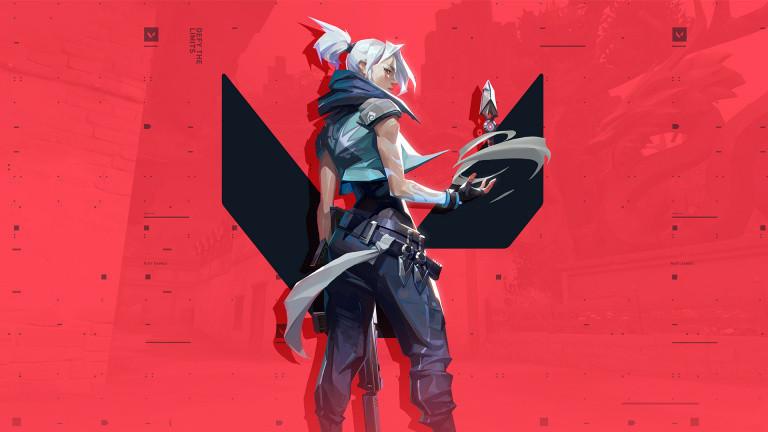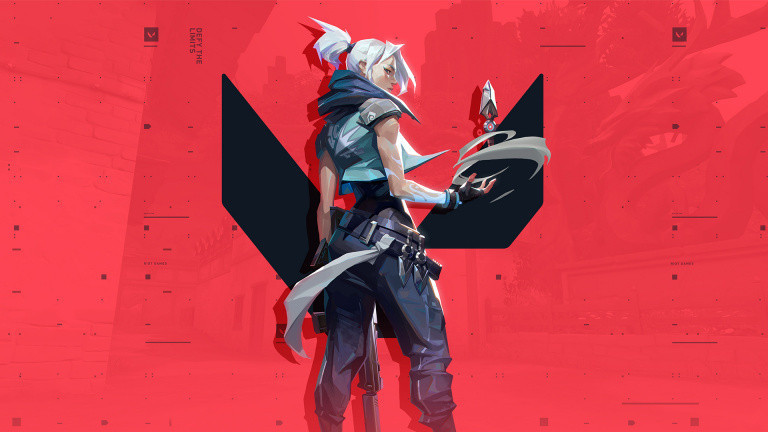
Valorant’s first week in closed beta was rocky. Just when things were about to simmer down, the game’s anti-cheat, Vanguard, became a hot topic due to its intrusive nature. Now Riot are set to partially fix that.
So what’s the deal with Valorant’s anti-cheat? We’ve already covered the topic before but let’s sum it up. One of Valorant’s main selling points even before the release of the closed beta was 128-tick servers, low latency, and no mercy for cheaters. Little did we know that the last part would prove the most problematic. Riot made an anti-cheat program specifically for Valorant called Vanguard. Unless it’s running you can’t even start the game. The main issue is that after you install Vanguard and do a restart which is required, the program will be always active.
This is a concern for many people and some will even refuse to play the game due to it. The fact that Vanguard has kernel access means that if anything goes wrong and Riot’s security gets compromised, intruders will have full access to your system without you even knowing. The fact that Riot Games is completely owned by the Chinese Tencent doesn’t make it any better. As a result of the criticism, Riot implemented some changes to their cutting edge anti-cheat. The full post and further comments can be found on Reddit.
While we normally don't plan on documenting changes to Vanguard, our Anti-Cheat system for VALORANT, on a frequent basis, this new update to Vanguard adds a new visual component that will give you, the player, more visibility and control over it. This post serves to provide some context.Starting today, Vanguard will start showing a system tray icon (after a reboot) while it's running. From there, you'll be able to turn off Vanguard at any time. Turning off Vanguard puts your machine in an untrusted mode and will prevent you from playing VALORANT until you reboot. If you want to keep Vanguard off indefinitely until you play VALORANT (e.g. persisting across multiple reboot sessions), you'll be able to do so more easily now by uninstalling it from the handy dandy system tray. Vanguard will automatically be reinstalled when you launch VALORANT. If you dislike the new system tray icon, you'll be able to disable (or re-enable) it at any time by going into your Windows Notification Area.Vanguard may block certain incompatible or vulnerable software from running on your machine. If this happens, you'll see a notification like this pop up. Clicking on the notification will give you more information on what exactly was blocked. You're able to opt-out of this at any time by following the instructions in the previous paragraph.
It’s certainly a step in the right direction as now you’ll be able to stop Vanguard without uninstalling it. Keep in mind that if you want to play Valorant you’ll still have to restart your computer. What’s your take on the matter? Are you worried about the intrusive nature of Vanguard or are you already enjoying some Valorant matches?
Stay tuned for more Valorant news.






























